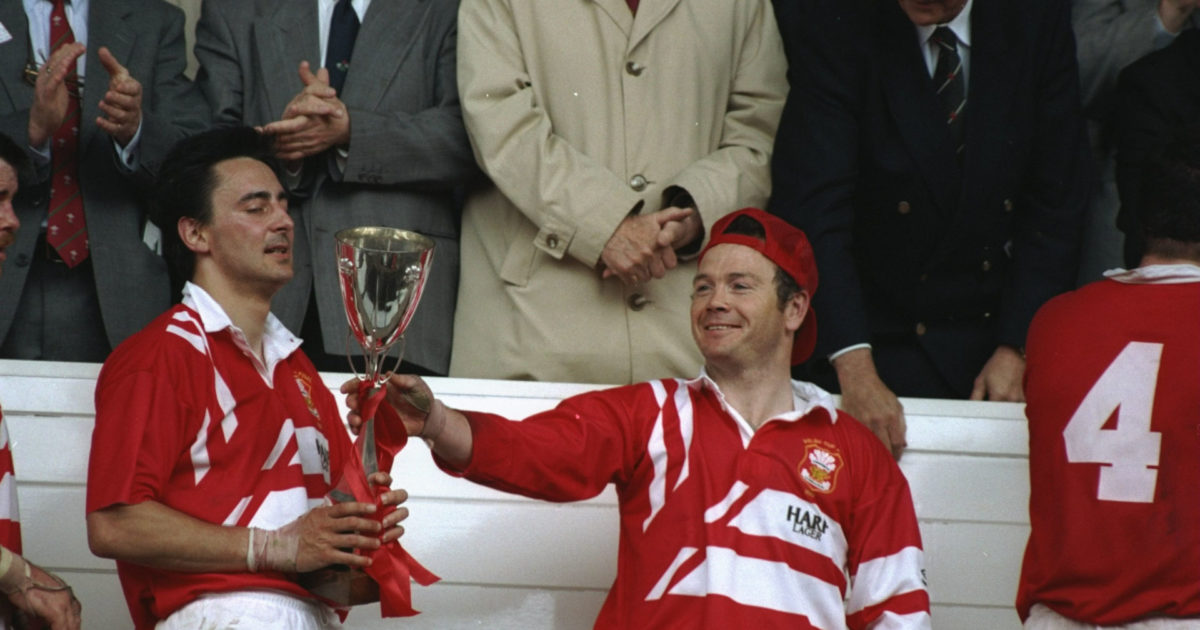Ieuan Evans topples two Welsh legends in election battle

Ieuan Evans has been elected to the Welsh Rugby Union’s National Council after member clubs voted to oust the governing body’s current chairman Gareth Davies.
Former Wales and British & Irish Lions wing Evans’ election means the WRU Board will now choose a new chairman to replace Davies, who spent six years in the role.
Evans triumphed in a three-way vote against Davies and former Wales centre Nigel Davies.
A WRU statement read: “Evans’ tenure will begin after the close of the next annual general meeting in October, a gathering which will now also be the last act as WRU chairman for (Gareth) Davies – who leaves after serving two terms on the Council and Board concurrently, amounting to six years at the helm of Welsh rugby.”
Evans, who will serve a three-year term as a National Council member, enjoyed a long and distinguished playing career for Llanelli and Bath and made 72 appearances for Wales from 1987 to 1998.
He went on three British & Irish Lions tours – Australia (1989), New Zealand (1993) and South Africa (1997) – and was awarded the MBE for services to rugby in 1996 before retiring as a player two years later.
Evans said: “It’s a huge honour to be chosen by member clubs to represent them on the WRU National Council and I will be doing everything I can to reward the faith they have shown in me.”
“Whilst we must constantly challenge, evaluate and review, I would also like to thank Gareth for his dedication during his tenure on the council and his service to Welsh rugby over many years.”
The 19-strong WRU Council will elect or re-elect four of its members, including one of the National Council members, to join the WRU Board after the annual general meeting and the Board will then elect a new chairman.

























